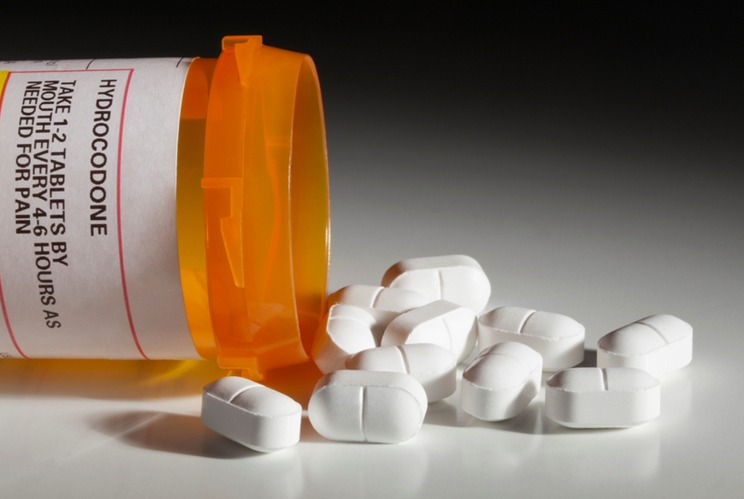When pharmaceutical companies manufacture and market products that they know are addictive, yet fail to warn their customers, can this be regarded as a “product liability issue”? Are the companied liable for the addiction to the drugs they sell or the misery that follows addiction? Tennessee has certainly seen more than its fair share of opioid addiction in the last few years and now it appears that the tide is turning against the companies that are known to be peddling the drugs that are causing the wave of addiction.
Four corporations have been named as defendants in a joint lawsuit by five different Tennessee attorney generals and two individual plaintiffs, alleging that the companies being sued knowingly and fraudulently marketed their products as “safe” and “non addictive”.
The five attorney generals are from the 6th, 7th, 8th, 9th and 10th judicial districts. The two plaintiffs have been named as “Baby Doe 1” and “Baby Doe 2.”
The companies being sued are Purdue Pharma L.P., Teva Pharmaceuticals USA Inc., Endo Health Solutions and Mallinckrodt LLC.
There are some additional defendants that have been named in the lawsuit who have been singled out as having allegedly participated in the illegal on-selling of the opioid products manufactured by the three pharmaceutical companies.
The main allegations made in the lawsuit are that the companies
- knowingly and fraudulently marketed their products to doctors and to the public as safe and non addictive;
- did nothing to counteract the expansion of the illegal trade in opioids that had had their origin in the products manufactured and marketed by the defendants.
The company that has been singled out as the worst offender is Purdue Pharma. That conclusion has been made because the other three companies basically followed suit in manufacturing and marketing their own products once Purdue Pharma was seen to be already having huge success in selling its own products.
What’s in the drugs that make them addictive?
The drugs that the four defendants have been manufacturing are marketed as painkillers. The drugs came under the brand names OxyContin, Roxicodone and Apana ER in addition to a few others. The drugs contained chemically related derivatives of opium and opioid related substances such as oxycodone and hydrocodone. These drugs are known to be powerfully addictive. Because of the perceived legitimacy of the painkillers produced and marketed as safe, there was a huge potential for illegal on-selling, causing thousands of Tennessee residents to become addicted. In 2015 alone it has been estimated that Tennessee doctors made nearly 8 million prescriptions for painkillers based on opioid products. That is more than 1 prescription per capita, the highest in the U.S. bar one other state.
Those addicted includes a young woman called “Mary Doe” for the purposes of the lawsuit (her real name has been withheld). The woman became addicted to opioids when she was only 15. When she became pregnant 3 years later, her addiction was too late to prevent her unborn baby, Baby Doe 1, being affected by opioids when in Mary Doe’s womb. By the time he was born he was already addicted and was diagnosed as suffering from “neonatal abstinence syndrome.”Symptoms include excessive pain, constant crying, arching of the back, shaking and refusing to eat.
The plaintiffs jointly declare that Baby Doe’s affliction is a direct result of the opioid crisis that has arisen because of the flood of drugs manufactured by the defendants named in the lawsuit.
The lawsuit has demanded restitution for the plaintiffs and an injunction to stop the spread of the drugs into Tennessee.
Legally, the marketing of these drugs is an extreme form of product liability with potential elements of illegality.
As a private individual, you have the right to file a personal injury lawsuit against any manufacturer, distributor or salesperson of a product that can or has caused you serious harm. It is important to be able to demonstrate that the person named in the lawsuit behaved negligently, i.e. knew that the product was potentially dangerous but did not act to stop what they were doing. If this is something that has happened to you, arrange an appointment with an opioid painkiller liability attorney at the Keith Williams Law Group in Nashville, Tennessee.


Leave A Comment